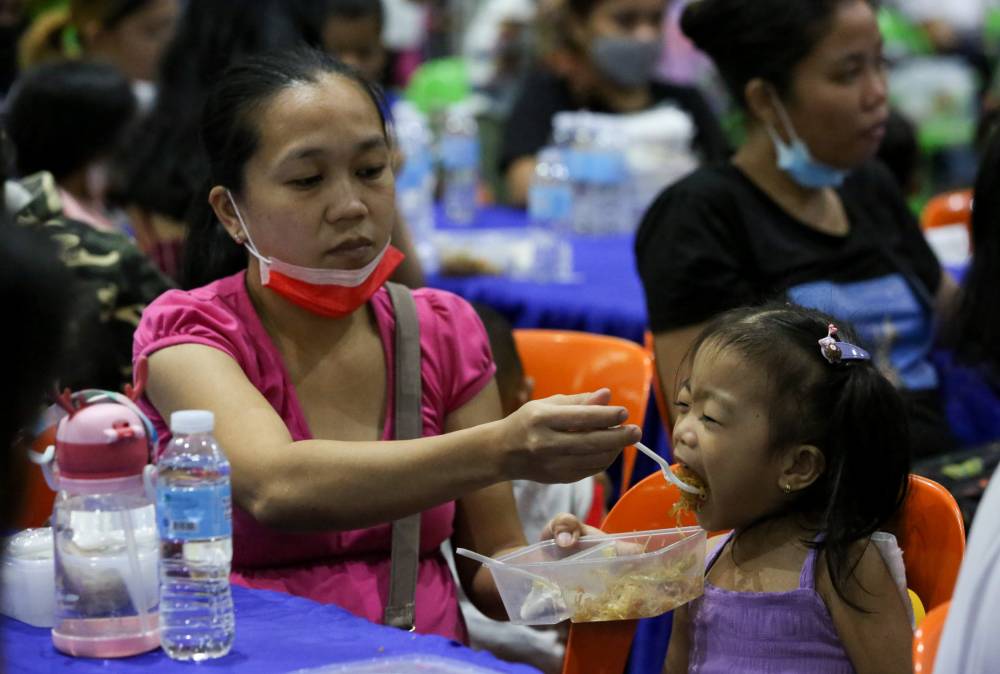Bill recommends ‘nutrition care’ for hospitalized patients

A veteran lawmaker wants hospitals to make nutrition care a vital part of their treatment for better and faster patient recovery.
Citing the absence of a national policy mandating emphasis on nutrition for hospitalized patients, Cagayan de Oro Rep. Rufus Rodriguez filed House Bill (HB) No. 10923, or the proposed “Wastong Nutrisyon sa Ospital (Proper Nutrition in Hospitals) Act.”
Rodriguez noted the World Health Organization’s recognition of the critical role of nutrition in health outcomes.
“Nutrition affects health at all ages, strengthens immune systems, reduces mortality rates in pregnancy, decreases the risk of lifestyle diseases such as diabetes and cardiovascular disease, improves outcomes in education and enhances economic productivity,” he said.
“In hospitals, malnutrition is linked to greater risk of complications, longer convalescence, and higher mortality,” he added.
Rodriguez noted that while Republic Act 10862 or the Nutrition and Dietetics Law of 2016 recognizes the important role of nutritionist-dietitians in nutrition, nation-building and human development, “it has been silent on the promotion of their role in the hospital setting.”
According to the lawmaker, HB 10923 aims to “enhance current laws by mandating the implementation of the Nutrition Care Process (NCP), an internationally recognized standard approach for practitioners in nutrition and dietetics.”
“With this measure, Filipinos will gain access to effective tools for recovering from illnesses and significantly improving their quality of life, all in a cost-efficient manner,” he pointed out.
Nutritionally-at-risk
HB 10923 defines NCP as the “systemic problem-solving method that dietetics professionals utilize to critically think and make decisions to address nutrition-related problems and provide safe and effective quality nutrition care. It includes four steps: assessment, diagnosis, intervention, monitoring and evaluation.”
The draft measure would mandate for all patients admitted to hospitals to be screened to identify who among them were “nutritionally-at-risk.”
The bill describes persons who are “nutritionally-at-risk” as those who are malnourished or have the potential to develop malnutrition or are overweight; patients with altered diets or diet schedules; persons with inadequate nutrition intake or have the impaired ability to ingest or absorb food adequately for more than a week; or those whose condition has been determined to be nutritionally-at-risk by Department of Health standards.
HB 10923 provides that the hospital “shall have a Nutrition and Dietetics Service or Department, headed by a Registered Nutritionist-Dietician, which shall assure the effective delivery of NCP. Furthermore, they shall ensure that all necessary support in terms of staff and resources, both medical and administrative, is provided for the accomplishment of the NCP and the reporting requirements of this Act.”
The measure would task the DOH to develop the NCP guidelines and to update them whenever necessary to make sure they remain consistent with globally accepted standards.
HB 10923 also tasks the DOH to give the seal of NCP compliance and offer incentives in recognizing hospitals that effectively deliver NCP. The perks would be taken from an NCP incentive fund to be sourced from the DOH annual budget.




















